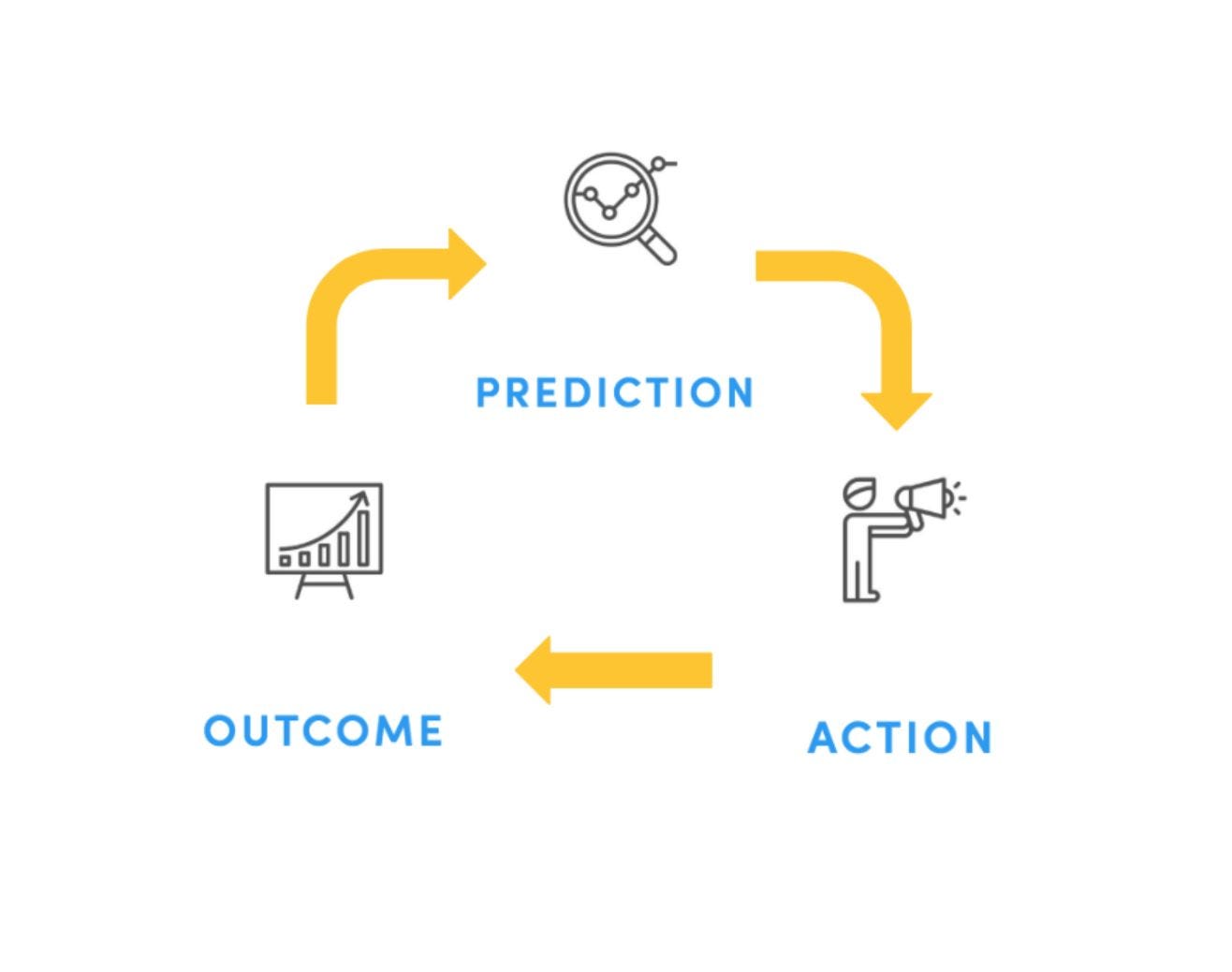For many of us in the startup world, this passage resonates deeply. In the face of the endless hurdles to overcome, coupled with the staccato string of mistakes to resolve, we desperately glean solace in knowing that at least good ol’ Teddy Roosevelt won’t label us as those ‘cold and timid souls who neither know victory nor defeat’. Harsh, Teddy.
Last year, I left medicine to pursue what I believe is the next shift in a history storied with breakthroughs. Over the centuries, the discovery of microorganisms, x-rays and DNA structure unveiled worlds we couldn’t fully grasp before, and transformed the way we diagnose disease and treat patients.
Today, we’re at another inflection point.
The mass aggregation of electronic medical data is spurring the development of technologies that can deliver actionable and personalized insights so that a doctor can immediately determine the unique risks and needs for each patient and be proactive, not reactive, about patient care.
One might say that hospitals are getting by well enough without this, that it’s a nice-to-have; but the numbers tell us otherwise. Ironically, one of the areas of medicine with the highest need for comprehensive, data-driven decision making is also one of the highest-stakes areas — surgery. If you look at the numbers, it’s staggering.




KēlaHealth began as a team of surgeons intimately experiencing and handling this problem day to day. Despite having the wealth of data at our fingertips, as clinicians, we assess and treat patients largely based on gut feeling — the clinical gestalt. And as valuable as that gestalt is, we thought — we should be able to layer objectivity onto that. We started asking whether we could predict which patients were at risk for developing surgical complications ahead of time and prevent that from occurring. We found a way, using applied deep learning and other statistical methods, to accurately predict and build a personalized report for each patient, each procedure. Now we have a comprehensive application that allows surgeons to view these predictions and proactively order preventative measures for their patients.
However, we don’t stop there. We recognize that it’s not enough to know what’s going to happen in the future, and it’s not enough to do something about it. We also want to know what actually happens to our patients after the surgery and once they are discharged — what are their outcomes? Only when we are able close the feedback loop can we spur improvement and change.

It’s an ambitious goal. And the devil is in the details. But this is where I see medicine shifting and is the ‘worthy cause’ that has taught me an incredible amount in a short period of time. Most importantly, it continues to teach me to dare, and dare greatly everyday.
We’ve been fortunate to have some of the best minds in the industry come together to execute our vision. With some amazing supporters on our sidelines, we’ve secured our first round of funding with investors like Cedars-Sinai Medical Center, Techstars, Healthbox, Nueterra Capital, Rough Draft Ventures and Peak State Ventures.

